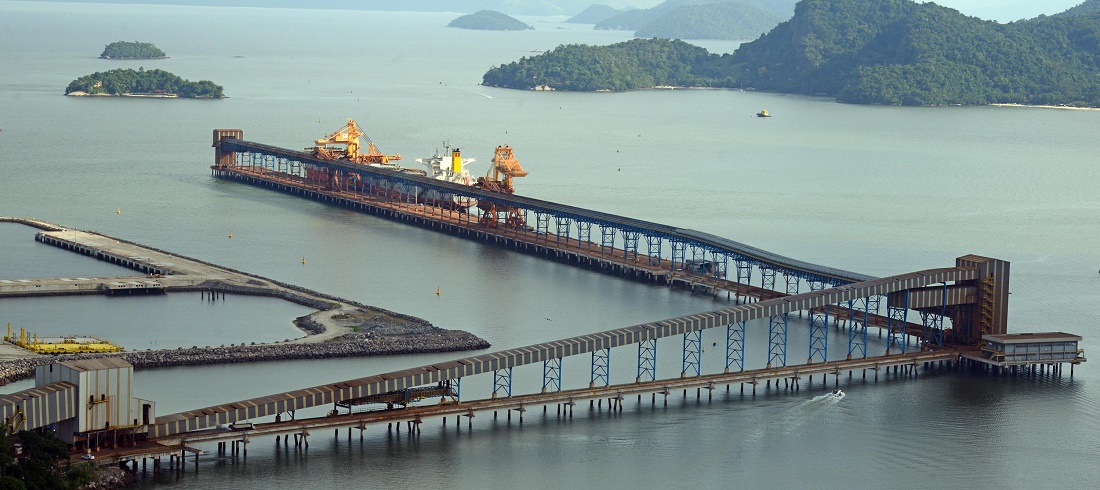
Port of Sudeste to Deploy RightShip’s Maritime Emissions Portal
Jan, 12, 2024 Posted by Gabriel MalheirosWeek 202402
RightShip announced a partnership with Port of Sudeste, located in Itaguai, Rio de Janeiro, to start utilizing RightShip’s Maritime Emissions Portal (MEP) for the first time in the Latin American region.
MEP is a digital solution that combines AIS vessel movement data with RightShip’s vessel insights. Its primary objective is to calculate ships’ emissions and identify areas of opportunity to reduce environmental impact. It helps ports and terminals to effectively measure and manage their emissions, thereby supporting decarbonization strategies.
Port of Sudeste recently announced aims to reduce its scope 1 and 2 GHG emissions from operations by 50.4% by 2033 compared to the base year 2021. With scope 3 emissions representing one of the main challenges for the ports and terminals sector in reaching net zero, the addition of MEP now provides Porto Sudeste with a tool to monitor and reduce scope 3 emissions as part of its broader decarbonisation strategy.
Ulisses Oliveira, Sustainability Director at the Port of Sudeste, said, “Our aim at the Port of Sudeste is to maintain the highest levels of sustainability and efficiency. By teaming up with RightShip, we can obtain precise data and valuable insights to measure vessel emissions in the port and create effective strategies to reduce our environmental footprint.”
MEP employs an energy-based modeling approach based on UNEP and UNFCCC guidelines to calculate vessel-based emissions. Emissions are calculated in four separate operational modes across defined points of interest specified by the Port of Sudeste, making this platform a tailor-made solution for every port.
-
Ports and Terminals
Aug, 15, 2019
0
Codesp begins studies project for navigation channel concession
-
Meat
Jun, 01, 2023
0
US cattle producers oppose opening borders to fresh Paraguayan beef
-
Ports and Terminals
Jul, 11, 2019
0
Movements in the Ports of Parana increases
-
Aug, 11, 2023
0
Japan resumes poultry imports from Brazil’s Espirito Santo

